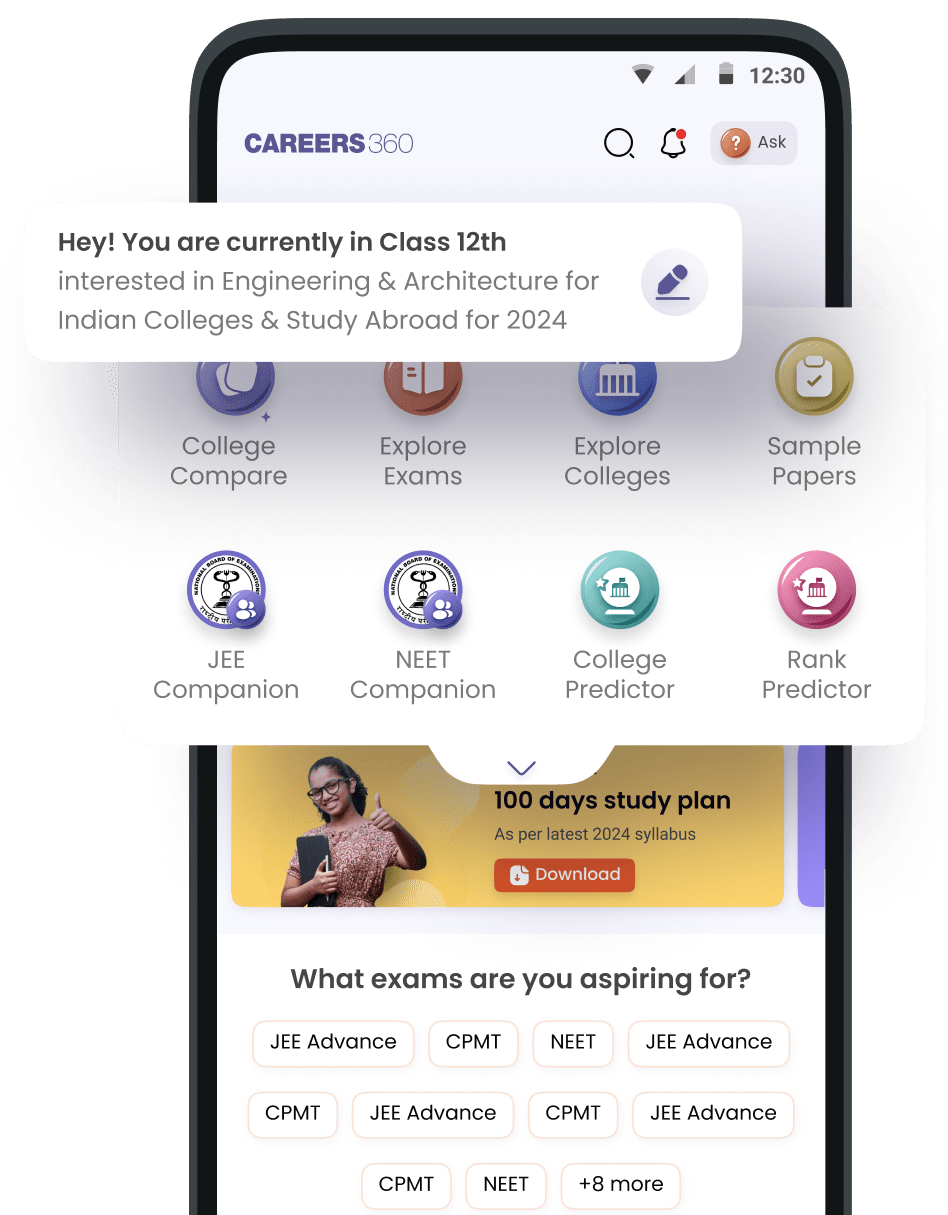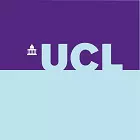About M.Sc Human Tissue Repair
M.Sc Human Tissue Repair is an extensive programme for the students wishing to work in the field of biomedical research and pharmacy. The programme is offered by UCL Division of Medicine at University College London in England. It is taught by UCL's leading scientists and clinicians. It is an integrated multidisciplinary programme that involves the study of human tissue repair, regeneration and therapy.
The curriculum of M.Sc Human Tissue Repair programme involves fundamentals of inflammation and immune response in human health and disease; cellular and molecular mechanisms of human tissue repair, and the therapies designed to repair and restore tissue function. It also includes the study of treatments like immunotherapy, transplantation, tissue constructs and medical devices.
The teaching methods which are used in this programme include seminars, lectures, research projects, e-learning, laboratory work, practicals and small group tutorials. The students of the programme are assessed through examinations which are taken in-person; through coursework which students have to submit online; through practical reports which are created during laboratory sessions and research project dissertations which are to be published in scientific journals.
The curriculum and the teaching methods used in this programme helps students to gain transferable skills like presentation, writing, organisation and teamwork; practical laboratory skills and advanced research skills. The students of this programme are equipped with specialist skills in biomedical research that prepares them for careers in academia or industry.
Overview of M.Sc Human Tissue Repair
Particulars | Info |
Type of Programme | Masters |
Mode of Programme | Full-time/ Part-time |
Duration | 1 academic year |
Offered By | University College London, England |
Department | UCL Division of Medicine |
Admission Mode | Online |
Scholarships | Available |
Highlights
Ranking and Stats
Ranking by year
Admission and Application
Before applying to the programme M.Sc Human Tissue Repair, the applicants must check the content, eligibility criteria and other details of the programme. Then, they must head towards filling the application form online on University College London admission portal. While applying, the applicants must take note that the information filled in the online application form is complete and accurate. Also, all the required documents must be submitted successfully.
How To Apply for M.Sc Human Tissue Repair
Before applying, the applicants must take care that they can apply for at most two taught graduate programmes in any academic cycle.
Go to the official website of University College London and click on ‘Apply for this course’ at www.ucl.ac.uk/prospective-students/graduate/apply
Fill all the personal details and qualifications asked in the application, upload supporting documents and submit it after careful cross-checking.
After submission, the applicants get access to their applicant portal. The applicants can check the status of their application and update any details in it through the portal. Apart from the name, contact details, referees’ details (if applicable) and passport details (if you require a visa), the applicants cannot update other details or add additional documents in the application once it is submitted.
The applications are then reviewed by the concerned authority of the UCL. In case of incomplete applications, the authority sends email to complete it or provide extra needed documents or information.
Then the application is assessed on various accounts by the authority.
After assessment, the successful applications are called for interview and tests if needed based on the programme applicants have applied for.
The final decision regarding the admission is then communicated through the applicants’ portal.
In case, the application portal says that the application is under assessment, then the applicants must wait for at least 10 weeks for their decision.
After reassessment, the final decision is communicated to the applicants via application portal.
Documents Required for M.Sc Human Tissue Repair
English Language Proficiency official test report if applicable
UK student visa documents
Official academic transcripts
A personal statement or SOP
LOR if applicable (Number of reference or LORs needed depends upon the programme)
A copy of current passport
Eligibility
In order to take admission to the M.Sc Human Tissue Repair programme at University College London, students have to meet the eligibility criteria. The admission to the course is not guaranteed only if the minimum qualifications are met. The other things are also taken into account for the final admission. For M.Sc Human Tissue Repair programme admission, there are different entry requirements for different countries.
Minimum Requirements for UK Applicants
The applicants must hold a medical degree or a minimum of an upper second-class UK bachelor's degree in an appropriate subject (biological science, biomedicine, biophysics, chemistry, medicine)
Minimum Requirements for International Applicants
The minimum requirements for applicants from different countries are different. These requirements are based on different degrees and colleges/universities for a country. The details of the requirements can be found at the ‘International Students website’ link given in the prospectus of the programme. The prospectus can be found on the coursepage of the concerned programme at www.ucl.ac.uk. On landing at the ‘International Students website’, the applicants must select their country on the ‘Select Your Country’ section and the minimum requirements will be displayed.
English Language Requirements
Applicants from some countries do not need to prove their English language proficiency. The list of the countries can be found on ‘English language requirements’ link given in the prospectus of the programme.The prospectus can be found on the coursepage of the concerned programme at www.ucl.ac.uk.
Applicants from other countries need to prove their English language proficiency which they can prove through meeting one of the following requirements:
The applicants must hold at least 12 months awarded qualification from a country that UCL considers to be majority English-speaking. The qualification must not be older than 2 years from the date of enrollment in UCL.
Note: The list of accepted majority English-speaking countries can be found on ‘English language requirements’ link given in the prospectus of the programme.The prospectus can be found on the coursepage of the concerned programme at www.ucl.ac.uk
The applicants who have studied in a transnational education, for example, a joint degree between a Chinese and UK university, must hold at least 3 years of undergraduate degree or one year of postgraduate study.
A minimum score in one of the following accepted English language tests by UCL:
Accepted Tests and Their Minimum Scores
Test/Course | Minimum Score |
UCL Pre-sessional English Courses | Overall- 65% Each component- 60% |
UCL International Pre-Master's Courses | Overall- 65% Each component- 60% |
IELTS Academic | Overall- 6.5 Each component- 6.0 |
TOEFL iBT | Overall- 92 Reading & Writing- 24/30 each Speaking & Listening- 20/30 each UCL’s institution code for TOEFL- 9163 |
C2 Proficiency (CPE) | Overall- 176 Each subtest- 169 |
C1 Advanced (CAE) | Overall- 176 Each subtest- 169 |
PTE (Academic) | Overall- 75 Each communicative skill- 67 |
Trinity (ISE) II | Overall- Successful completion Each component- Merit |
Trinity (ISE) III | Overall- Successful completion Each component- Pass |
Trinity (ISE) IV | Overall- Successful completion Each component- Pass |
Occupational English Test (OET) | Overall- C+ with a minimum 300 numerical score Each component- C/250 |
Duolingo English test (For 2023 only) | Overall- 115 Comprehension- 105 Literacy- 105 Conversion- 105 Production- 110 |


